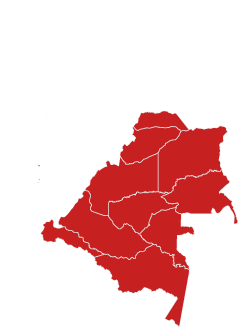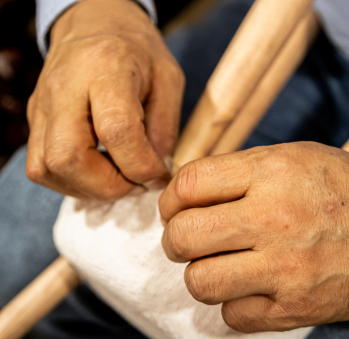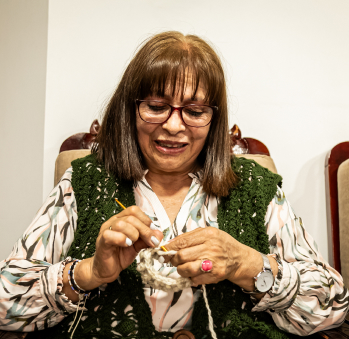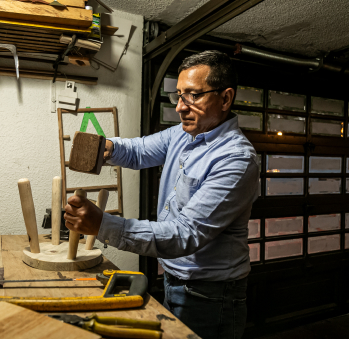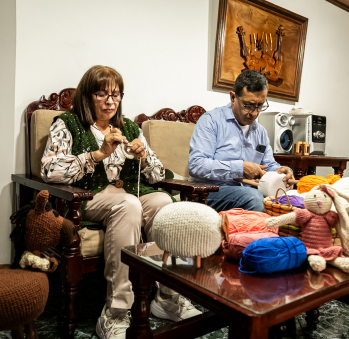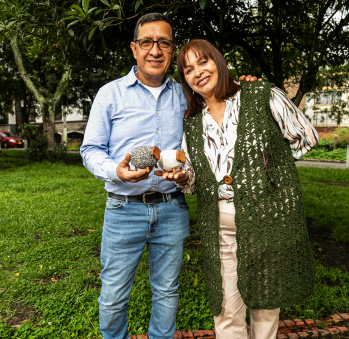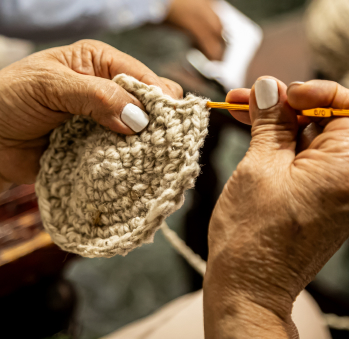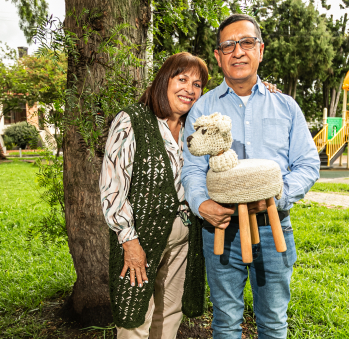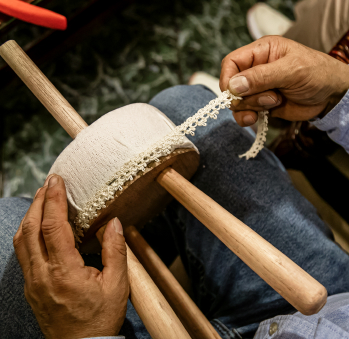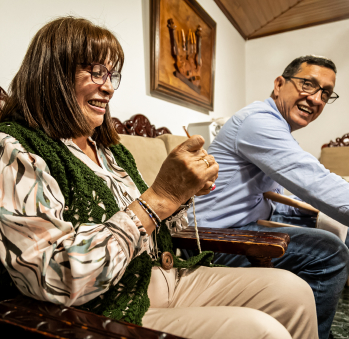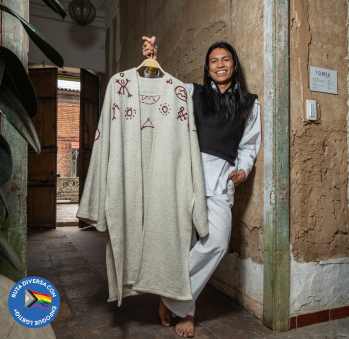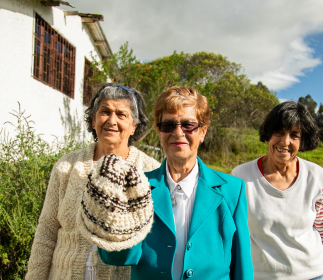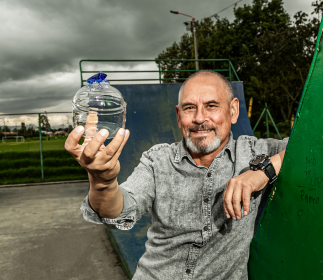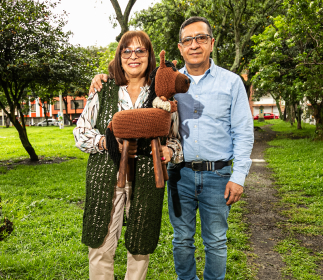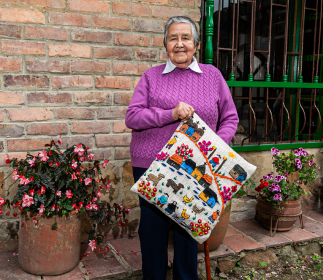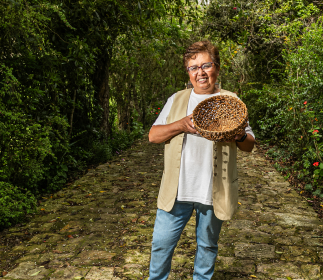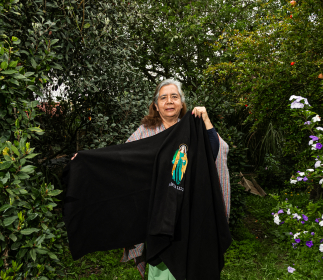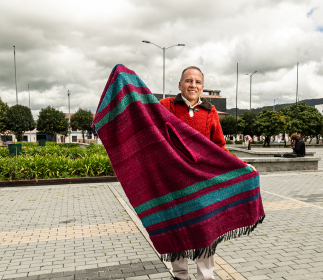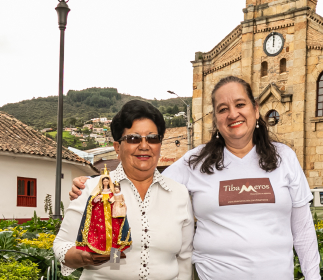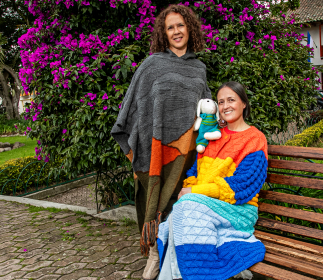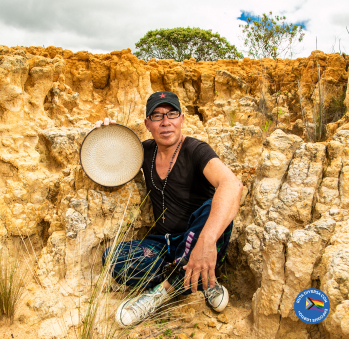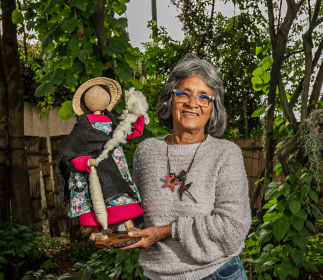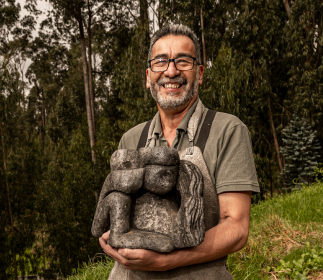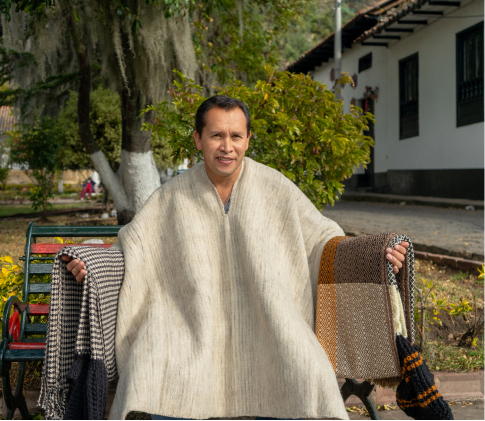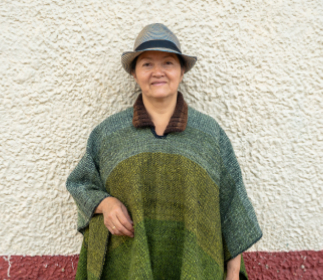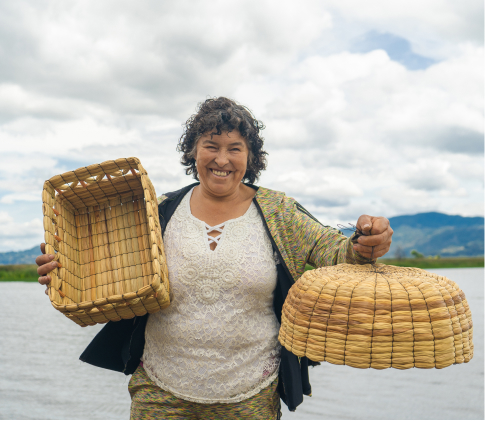Gloria Marina Ahumada y Fernando Guerrero
Workshop: Taller Alejandra
Craft: Weaving and woodwork
Trail: Cundinamarca Route
Location: Zipaquirá, Cundinamarca
SCHEDULE YOUR VISIT
Calle 5A # 17-30 Barrio Algarra 3, Zipaquirá, Cundinamarca
Gloria: 3124077019
Fernando: 3115740817
glo_1116@hotmail.com
fer.guerrerovalenzuela@gmail.com
Life made them artisans even though they thought they would dedicate it to bees as animal scientists. Their love for animals brought them together, and upon marrying, they embarked on an apiculture business that brought them much happiness for nearly two decades. Until it didn’t. Gloria developed a dangerous allergy to bee stings that ultimately forced her to step away from her passion. Naturally, this plunged them into sadness because they had to entrust others with the care of the hives—people who didn’t see them as family—and the bees started dying, with a storm dealing the final blow. They had to start over.
In this new beginning, they reached back into their distant memories. Gloria recalled her fondness for wool, having watched her mother knit with two needles and enjoyed crochet classes in elementary school—even though they weren’t the best, her love for the technique drove her to learn by watching others, unraveling and reassembling garments tirelessly. Her practice extended to knitting hats and gloves for an uncle. Fernando, on the other hand, grew up with a carpenter father, so working with wood felt like a natural return. What started as a hobby—making wooden toys like trains, counting cubes, rocking horses, and carriages for their children—soon became a potential profession.
However, they had no choice but to take on employment until life gradually started to realign. Gloria enrolled in several weaving courses to refresh her skills. There, she learned to make backpacks and purses until one day, an instructor suggested making a small stool and a woven cover. It was a light bulb moment: if her husband worked with wood and she with wool, why not try something together, similar to their beekeeping days? She brought home the idea, and he loved it.
The little stool quickly took shape, fashioned in the likeness of a sheep—a nod to Gloria’s childhood pet sheep named Chita, her sweetness personified. If animals were their forte, they would honor them in their craft. But of course, creating the product that would eventually become the hallmark of Taller Alejandra wasn’t easy. Fernando chuckles as he recalls that their first attempt looked more like a bear than a sheep, so they experimented for a year until they perfected the adorable face that melts hearts, as fluffy as a little lamb in the field. Gloria has mastered the technique, weaving them as if straight out of a fairy tale. She uses thick button wool, loosely spun and untwisted, to resemble countryside animals.
In the end, they settled on sheep. Initially, over 15 years ago, they made horses, donkeys, cows, rabbits, even cats, but eventually chose a single animal to establish their identity. And they’ve succeeded—they’re recognizable at fairs, where people seek them out. They’re even making smaller stools for children now.
Gloria and Fernando balance this work with other responsibilities. Fernando works a nine-to-five job at a company, meticulously preparing wooden pieces throughout the year for Expoartesanías. Gloria also weaves for various fashion designers, crafting garments like ruanas, tops, and crocheted bags that are exported to Italy. For large orders, up to 500 bags, she employs 25 more weavers. Achieving the required quality hasn’t been easy; many bags had to be unraveled and redone before meeting the fashion market’s standards. But they persevered, and here they are, still going strong. As they recount their journey, both smile, fulfilled and content with what they’ve achieved, ready to keep growing.
Craft
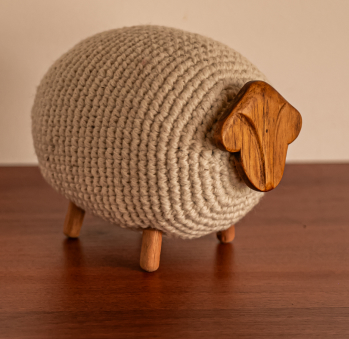
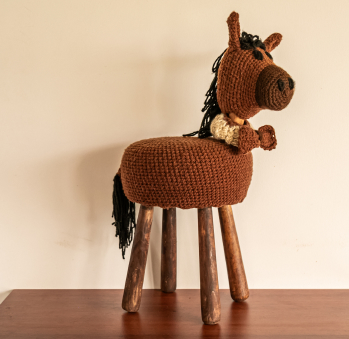
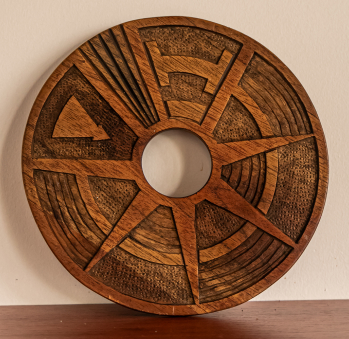
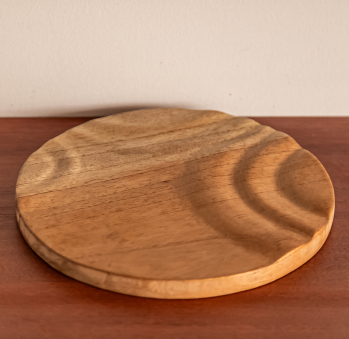
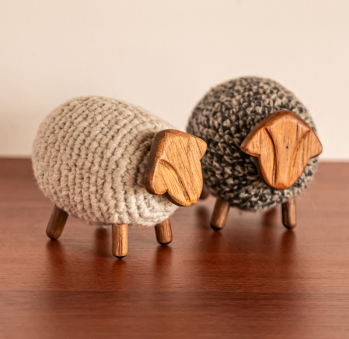
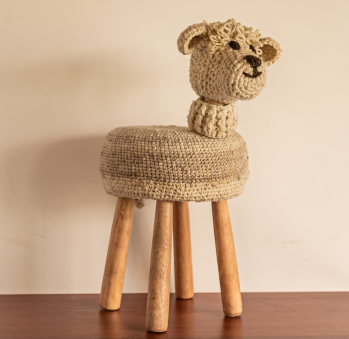
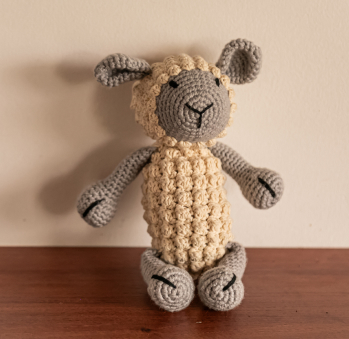
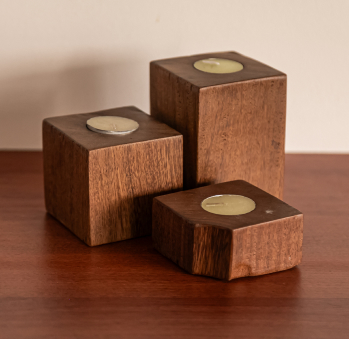
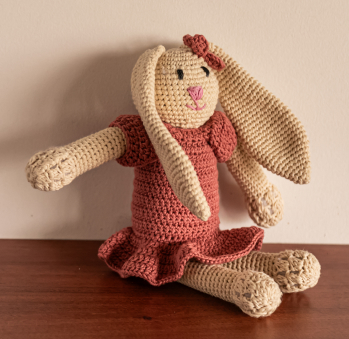









Artisans along the way
Artisans along the way
No puede copiar contenido de esta página

